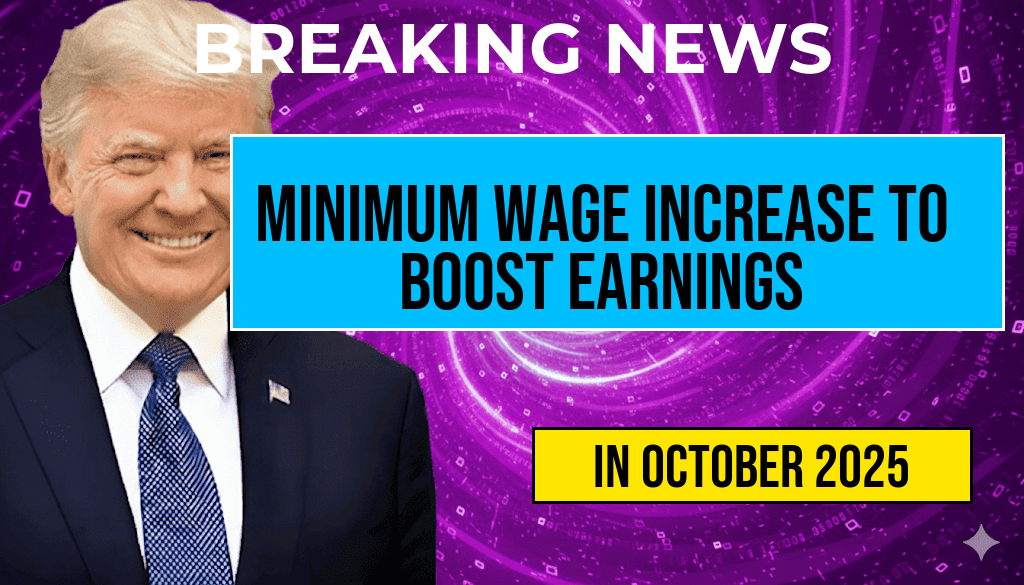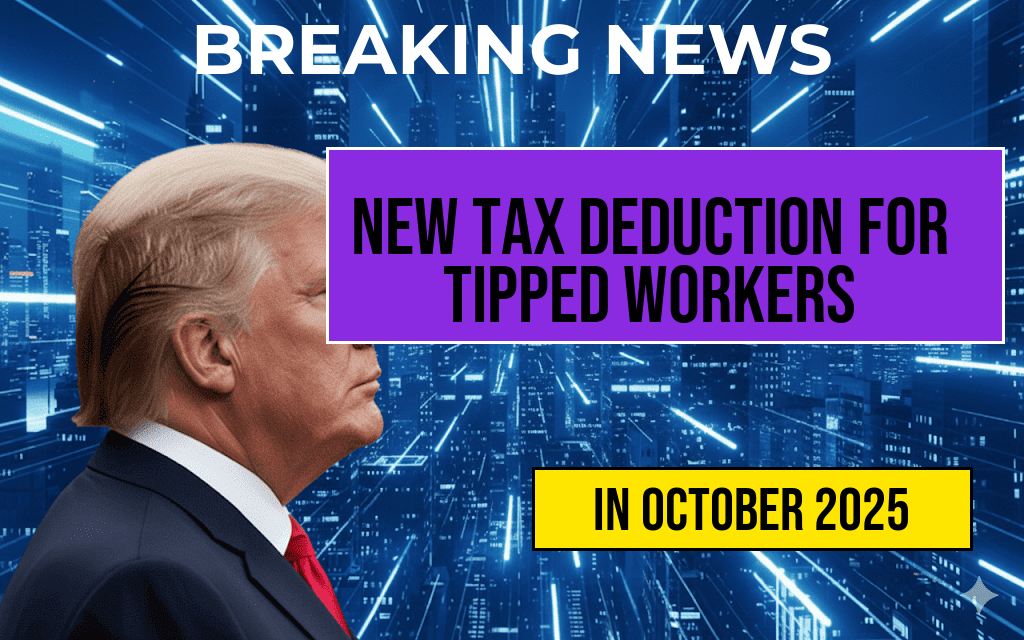The wealthiest Americans are poised to see a significant increase in their net income, with projections suggesting an average gain of approximately $5,000. This shift comes amid recent tax reforms aimed at adjusting the financial landscape for high-income earners. The reforms, which have generated considerable debate among economists and policymakers, are designed to stimulate economic growth while providing relief to certain sectors. As a result, affluent individuals may find themselves with more disposable income, potentially impacting consumer spending and investment patterns across the economy.
Details of the Tax Reforms
The recent tax reforms include changes to both personal and corporate tax rates, with an emphasis on reducing the overall tax burden for high-income earners. Key changes include:
- Reduction in top income tax rates: The top marginal tax rate has been lowered, allowing high earners to keep more of their income.
- Increased standard deductions: The reforms have raised the standard deduction limits, which benefits those who do not itemize their deductions.
- Corporate tax adjustments: Significant cuts to corporate tax rates are expected to increase profits, which can lead to higher wages and bonuses for employees in high-performing sectors.
Impact on High-Income Households
For households earning over $500,000 annually, the tax reforms could result in substantial savings. Financial analysts estimate that these families could see an increase in their annual net income, contributing to a more robust economic environment. The anticipated outcomes include:
- Increased disposable income: With lower tax liabilities, wealthier Americans may choose to spend more, potentially boosting sectors such as luxury goods and high-end services.
- Investment in assets: With additional income, there is a likelihood of increased investment in stocks, real estate, and other financial instruments.
- Economic growth: As high-income households increase their spending, this may lead to job creation and expansion in various industries.
The Broader Economic Context
The implications of these tax reforms extend beyond individual households. Economists are analyzing how the increase in net income for the wealthy could affect the overall economy. With more money in their pockets, high earners may drive demand for goods and services, resulting in a ripple effect throughout the economy. This could lead to:
- Job creation: Businesses may expand their workforce to meet increased demand, potentially reducing unemployment rates.
- Investment in innovation: Companies with higher profits might invest more in research and development, fostering technological advancements.
- Changes in tax revenue: While the reforms aim to stimulate growth, there are concerns about potential decreases in tax revenue from high earners, which could affect government funding.
Controversy Surrounding the Reforms
Despite the potential benefits, the tax reforms have not been without controversy. Critics argue that these changes disproportionately benefit the wealthy and could exacerbate income inequality. Several points of concern include:
- Wealth concentration: Detractors suggest that the reforms may lead to an increasing concentration of wealth among the highest earners, which could strain social services.
- Long-term sustainability: Some economists question whether the predicted economic growth will compensate for the potential loss in tax revenue.
- Political implications: The reforms could lead to a shift in political power dynamics as citizens respond to the perceived fairness of the tax system.
Conclusion
As the wealthiest Americans prepare for an increase in net income due to the recent tax reforms, the broader implications for the economy remain a topic of intense discussion. Stakeholders are closely monitoring the outcomes as the changes take effect, weighing the benefits against the potential risks associated with increased wealth concentration and changes in tax revenue. The next few months will be critical in determining the long-term effects of these policies on both high-income households and the overall economic landscape.
For more information on the implications of recent tax reforms, visit Forbes and Wikipedia.
Frequently Asked Questions
What are the main changes in the tax reforms affecting the wealthiest Americans?
The recent tax reforms include reductions in tax rates for high-income earners and adjustments to capital gains taxes, which are expected to increase net income for the wealthiest Americans by an estimated $5,000.
How will these changes impact net income for the wealthiest Americans?
The changes in tax policies will likely lead to a significant increase in net income for the wealthiest individuals, allowing them to retain a larger portion of their earnings and investments.
Are there any potential downsides to the tax reforms for lower-income groups?
While the tax reforms primarily benefit high-income earners, critics argue that these changes may widen the economic gap by reducing available funds for social programs that support lower-income groups.
Will these tax reforms affect other income brackets?
While the focus is on the wealthiest Americans, the tax reforms may have trickle-down effects that could influence net income across various income brackets, though the specific impacts will vary.
How can individuals stay informed about future tax reforms?
Individuals can stay informed by following updates from the IRS, financial news outlets, and consulting with tax professionals who can provide guidance on how tax reforms may affect their finances.











